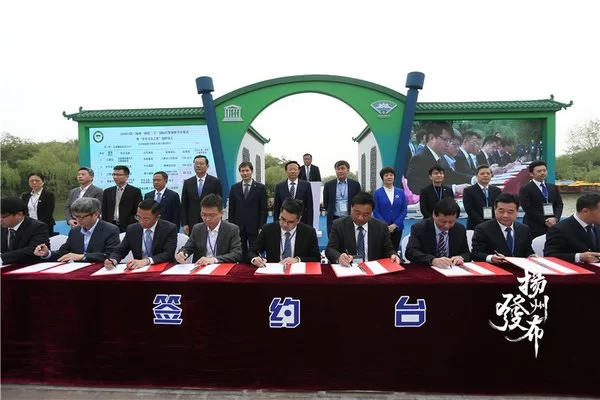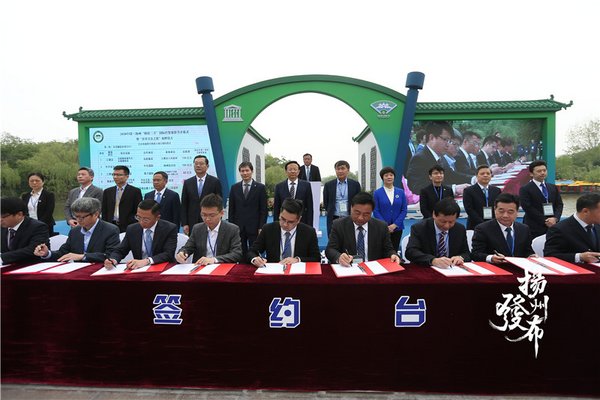 |
— New exclusive be3D Academy lesson plans available only to YSoft be3D eDee customers
BRNO, Czech Republic and DALLAS, April 21, 2020 /PRNewswire/ — Y Soft Corporation, the leading enterprise workflow solutions provider, today announced premium 3D lessons in YSoft be3D Academy and a new 3D/2D EDU bundle designed to save schools money by combining their regular 2D print management needs with Y Soft 3D printers.
3D printing in education is a growing market with more and more educational institutions adopting fleets of 3D printers to help STEAM classes illustrate difficult concepts, enhance hands-on interactive learning, and drive class engagement. To help support those efforts, Y Soft worked with educators to develop YSoft be3D Academy. The online library of 3D curriculum features comprehensive lesson plans, guides, videos, models, and presentations. It provides everything needed to conduct a STEAM subject lesson using 3D printing. A model database provides additional models that teachers can use to build their own lessons
While standard be3D Academy 3D lessons are available for anyone to use for free, Y Soft now provides premium 3D lesson plans exclusively for all eDee customers, including those that purchase the new EDU bundle. Premium lessons have the same rich resources as standard content, but only eDee customers can access them. Premium lessons are available today, and more will be added quarterly.
“These premium lessons, and the ones that follow, demonstrate our resolve to provide educators with easy to use and easy to follow lesson plans that help keep students engaged whether in a classroom or even at home,” commented Elke Heiss, Chief Marketing Officer, Y Soft. She added, “We’ve learned from schools that these lessons have helped teachers quickly ramp up their home learning classes during the current work/study at home situation caused by COVID-19.”
EDU Bundle
Y Soft also announced a new affordable education-focused EDU bundle that includes everything a school needs to start leveraging 3D printing in their classrooms. With scarce resources, educators need to be efficient in their print services offerings while finding new ways to engage students in learning. The EDU bundle combines print management for a school’s 2D printers and 3D printers, accomplished through YSoft SafeQ, the company’s print management and document capture software. Combining their print management options and leveraging available grant monies allows schools to justify the investment into 3D printing.
The EDU bundle includes:
- YSoft be3D eDee printer, a desktop 3D printer with an enclosed chassis for safety
- Three years of free access to premium 3D lessons in YSoft be3D Academy
- DeeControl layering software, easy-to-use PC/Mac application for 3D print preparation
- Intelligent software including:
- YSoft SafeQ for secure access, the ability to print at any 2D or eDee printer and usage reports
- Notifications and pictures during print progress, job completion alerts
- Beginner’s Accessory Kit
- Student/faculty ID Card Reader
- Filaments: 3000 grams each of black, white and orange
Ms. Heiss stated, “This bundle helps schools create an opportunity for students to excel in STEAM subjects and ready them for their future careers at an affordable cost. When a school chooses the be3D eDee solution, they get YSoft SafeQ to manage their 2D and 3D print needs, a unique value only Y Soft can offer.”
The education bundle also includes 3D print training, multi-year support, and installation. Full details can be found at https://be3dacademy.ysoft.com/en/3d-print-solution.
About Y Soft
Y Soft develops intelligent Digital Transformation office solutions for enterprise, SMB, and Education that empower employees to be more productive and creative. Our YSoft SafeQ® workflow solutions platform enables businesses to manage, optimize and secure their print and digital processes and workflows. Our 3D print solutions are focused in the Education sector where they provide unique ease of use and safety benefits, while utilizing YSoft SafeQ software for seamless 3D print management.
Founded in 2000, the company is headquartered in Brno, Czech Republic, with offices in North and Latin America, Europe and Middle East/Africa (EMEA) and the Asia Pacific region (APAC). For more information, please visit www.ysoft.com.
Global:
Steven Knuff
Senior Manager, Global PR and Analyst Relations
steven.knuff@ysoft.com
+1 512 810-3207
Czech Republic:
Jiří Kocourek
jiri@parco.cz
+420 775 630 41


















